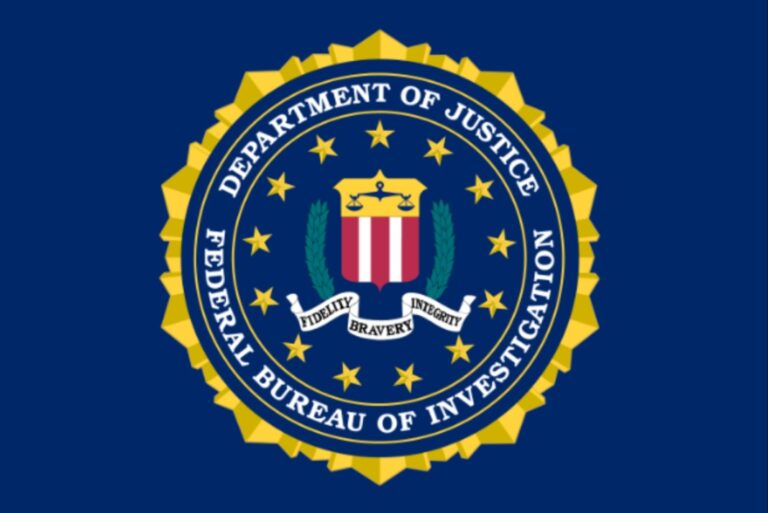
In a letter to FBI Director Chris Wray, congressional members on the U.S. Select Committee on the Chinese Community Party on Wednesday expressed concerns about the FBI potentially not knowing about Chinese “police stations” operating in the U.S. They also asked Wray to provide information about the FBI’s efforts to investigate Chinese transnational repression in America.
The committee received a classified briefing on March 30 after requesting information on Feb. 24. However, the briefing didn’t answer their questions, prompting them to formally ask 12 questions they want answered in writing. They also expect to have another classified briefing once they receive additional information.
Rep. Mike Gallagher, R-Wisc., led a coalition of 12 members who signed the letter.
In the letter, they cite a September 2022 report published by the Madrid, Spain-based nongovernmental organization Safeguard Defenders, which explains how the PRC uses “illicit methods to harass, threaten, intimidate and force targets to return to China for persecution.” The PRC does this using officers working in at least 102 “Chinese Overseas Police Service Centers” or “police stations” in 53 countries, the organization said, adding that the agents are engaging in “persuasions to return” operations designed to “intimidate and force targets to return to China for persecution.”
The report cites a Chinese report on the PRC State Council Overseas Chinese Affairs Office in 2014 announcing its plans to establish 60 police stations worldwide. Since then, 46 centers have been identified in 40 countries, according to the Safeguard Defenders report. As of 2018, these offices were operating in Montreal, Toronto, and Vancouver in Canada and in San Francisco, Houston, Minnesota and Nebraska in the U.S.
Months after Safeguard Defenders publicized its report, the Department of Justice announced it arrested two Chinese operatives in New York City on April 17 “in connection with opening and operating an illegal overseas police station in lower Manhattan, New York, for a provincial branch of the Ministry of Public Safety (MPS) of the People’s Republic of China.”
The DOJ later announced that it filed at least 44 criminal complaints against Chinese nationals who were “at large” for allegedly committing crimes against American citizens or residents on behalf of the People’s Republic of China’s Ministry of Public Security and were operating Chinese “police stations” in New York City.
However, committee members raised concerns, saying, “According to the DOJ, the FBI did not conduct a search of the secret police station until October 2022—a month after the Safeguard Defenders report—raising concerns that the FBI was unaware of the illegal operation prior to the public reporting.”
In February, the committee asked the FBI to answer seven questions about its awareness about or investigation of Chinese police stations operating in the U.S. but only received “vague information – virtually all of which could be found in public reporting – which did not address any of the questions,” they said.
The committee is asking the FBI to respond to these and five additional questions in the letter in writing by May 10.
The questions ask if the FBI was aware of the Chinese police stations operating in the U.S. before the Safeguard Defender report, what steps it was taking to investigate their existence and close them, what level of resources they needed to investigate, what roles were the Chinese police stations playing in gathering intelligence information, what was the FBI’s strategy for combating transnational repressions, among others.
“The threat of PRC transnational repression schemes that target U.S. citizens – primarily Chinese Americans – undermines the foundational American principles of freedom and liberty,” they argued, adding that law enforcement agencies must better protect Americans from future threats.